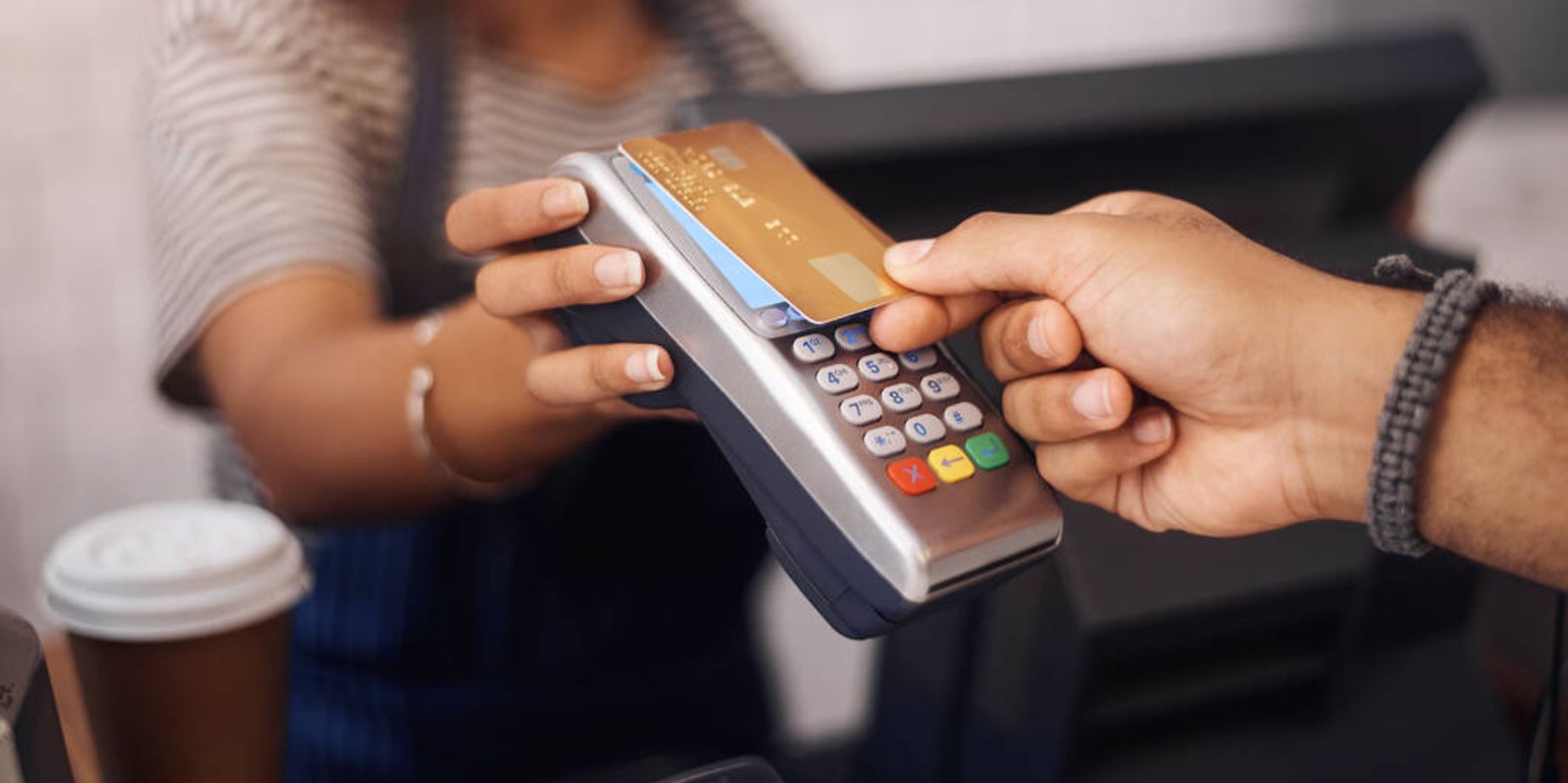The Rise of Fintech Products in the African Market, and Why?

Fintech, short for financial technology, refers to innovative technologies and digital solutions that enhance and disrupt traditional financial services. In Africa, fintech is important because it addresses the challenges of financial inclusion, provides accessible and affordable financial services, and contributes to economic growth. It enables individuals and businesses to access banking services, make digital payments, secure loans, and manage their finances more efficiently, even in underserved areas.
How is fintech driving financial inclusion in Africa?
Fintech is driving financial inclusion in Africa through various digital solutions. Mobile money platforms, such as M-Pesa in Kenya, Renmoney, Kuda, and Piggyvest in Nigeria, have transformed access to financial services, allowing individuals to send and receive money, make payments, and save using just a mobile phone. Additionally, peer-to-peer lending platforms and alternative credit scoring models enable underserved populations to access loans and financial products based on alternative data sources, bypassing traditional banking requirements.
Here is why Fintech is on the rise in the African market
Rapid Urbanization and Population Growth
Urbanization and population growth in Africa have created a significant demand for innovative financial solutions. As more people move to cities and seek better economic opportunities, there is a need for accessible and efficient banking services. Fintech companies have recognized this demand and capitalized on it by offering tailored solutions to urban dwellers.
Challenges in Traditional Banking Infrastructure
Traditional banking infrastructure in Africa has faced challenges, such as limited branch networks and high costs of operations. This has created a gap in financial services that fintech companies have been able to fill. By leveraging technology and innovative approaches, fintech has provided solutions that overcome the limitations of traditional banking, making financial services more accessible and affordable.
Mobile Money and Digital Wallets
Mobile money has revolutionized the way Africans handle their finances. Platforms like M-Pesa in Kenya and EcoCash in Zimbabwe have allowed individuals to send and receive money, pay bills, and even access credit using their mobile phones. Digital wallets have also gained popularity, offering a convenient way to store and manage funds digitally.
Microfinance and Peer-to-Peer Lending Platforms
Fintech has played a significant role in expanding access to microfinance in Africa. Microfinance institutions and peer-to-peer lending platforms enable individuals and small businesses to access credit, even without a traditional credit history. These platforms leverage alternative data sources and innovative risk assessment models to bridge the lending gap and promote entrepreneurship.
Alternative Credit Scoring and Risk Assessment Models
Traditional credit scoring methods often overlook individuals with a limited formal financial history. Fintech companies in Africa have introduced alternative credit scoring models, using non-traditional data sources such as mobile phone usage and utility payments to assess creditworthiness. These models have enabled more Africans to access loans and other financial services.
The Role of Mobile Network Operators in Driving Mobile Money Adoption
Mobile network operators have played a crucial role in driving the adoption of mobile money in Africa. By partnering with financial institutions, they have created seamless integration between mobile networks and banking services. This collaboration has made it easier for individuals to send and receive money, pay bills, and access financial services using their mobile phones.
Impact of Mobile Payments on Small Businesses and the Informal Sector
Mobile payments have had a transformative impact on small businesses and the informal sector in Africa. They have provided a secure and convenient way for these businesses to accept payments and manage their finances. With mobile payment platforms, entrepreneurs can expand their customer base and improve their overall financial stability.
Mobile Banking and Financial Services Innovation
Mobile banking has brought banking services directly to the hands of Africans, allowing them to perform transactions, check account balances, and make investments anytime, anywhere. Fintech companies continue to innovate by introducing new financial services tailored to the needs of the African population. This constant innovation is driving economic growth and shaping the future of finance in Africa.
What are the regulatory challenges for fintech in Africa?
Fintech in Africa faces regulatory challenges due to the dynamic nature of the industry and the need for consumer protection. The regulatory frameworks for fintech are still evolving, and there is a need to strike a balance between fostering innovation and ensuring consumer safety. Issues such as data privacy, cybersecurity, and interoperability between different fintech platforms and traditional banking systems need to be addressed. Regulatory sandboxes and collaboration between regulatory bodies and fintech industry stakeholders are being explored to promote responsible fintech growth.
In conclusion, fintech has gained significant momentum in Africa due to increasing connectivity, urbanization, and the need to overcome challenges in traditional banking infrastructure. Fintech solutions have brought financial inclusion, transformed economies, and empowered individuals and small businesses across the continent. As Africa continues to embrace digital innovation, the rise of fintech shows no signs of slowing down.
Read more related articles:
How Canva, Netflix, Amazon Prime Tapped Into The Nigerian Market – African Expansion
The Rise of Digital Experience Platforms in Nigeria
How Nigerian Brands Can Successfully Engage in Crisis
Connecting Customers to Your Brand Through Experiential Marketing in Nigeria
Advertising and Marketing for Startups in Nigeria
Digital vs Physical Experience in Marketing In Nigeria



